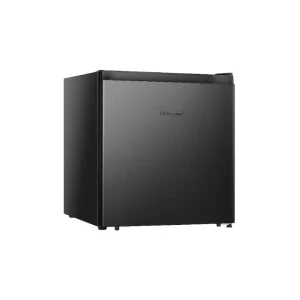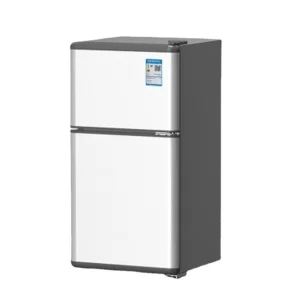What size refrigerator for a family of 4?
Introduction:
Choosing the right refrigerator size is essential for a family of four to ensure adequate storage space for groceries and food items. With various sizes and configurations available, it’s important to consider factors such as storage needs, available kitchen space, and the family’s eating habits. In this article, we will explore the topic of refrigerator sizes for a family of four and discuss different factors to consider when making a decision.
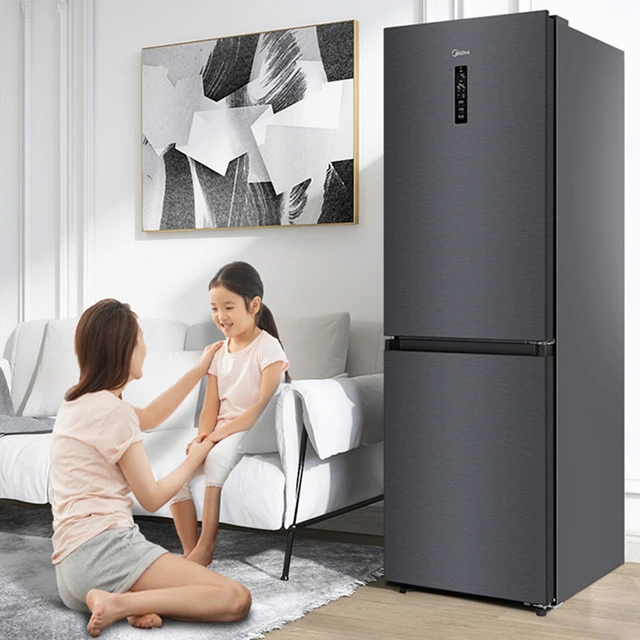
What size refrigerator for a family of 4?
Family Size and Lifestyle:
The size of a refrigerator for a family of four will depend on factors such as eating habits, grocery shopping frequency, and the amount of fresh produce consumed.
Consider the family’s lifestyle and storage needs: Do they prefer to cook at home or eat out frequently? Do they buy fresh produce in bulk or shop more frequently for smaller quantities?
Capacity and Layout:
Refrigerators are typically measured in cubic feet, indicating their internal storage capacity.
A family of four may require a refrigerator with a capacity ranging from 18 to 25 cubic feet, depending on their storage needs.
Consider the layout of the refrigerator, including shelving, drawers, and door compartments. Adjustable shelves and flexible storage options can accommodate various items and make organization easier.
Fresh Food Storage:
Fresh food storage is a critical consideration for a family of four.
Look for refrigerators with ample space for storing fruits, vegetables, meats, and dairy products.
Consider the number of crispers or humidity-controlled drawers available for storing produce, as well as the size and adjustability of shelves to accommodate taller items.
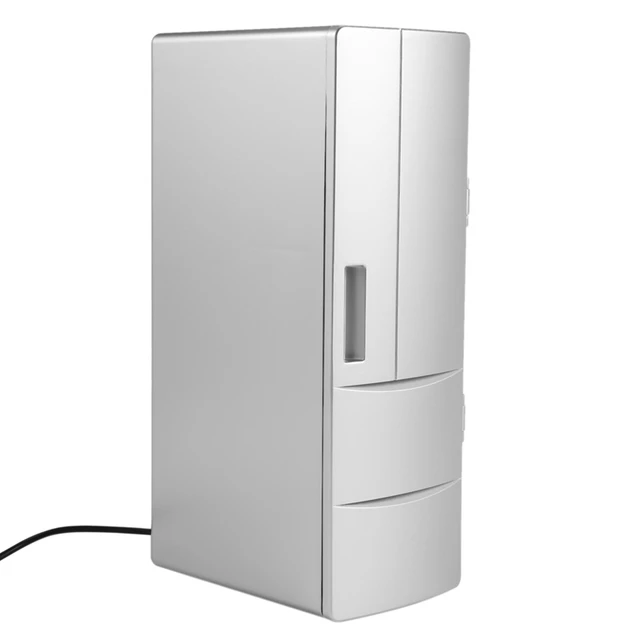
Freezer Space:
Freezer space is important for storing frozen food items such as meats, frozen fruits and vegetables, prepared meals, and ice cream.
Families that rely heavily on frozen foods or prefer to freeze leftovers may require a larger freezer compartment.
Consider the freezer capacity, organization options such as shelves or drawers, and the availability of features like automatic defrosting.
Door Storage:
The door of a refrigerator is often used to store frequently accessed items such as condiments, beverages, and dairy products.
Look for a refrigerator with ample door storage, including adjustable bins and compartments that can accommodate items of various sizes.
Energy Efficiency:
Energy efficiency is an important consideration when selecting a refrigerator for a family of four.
Look for refrigerators with an ENERGY STAR rating, as they meet strict energy efficiency guidelines.
Energy-efficient models can help reduce electricity consumption, resulting in cost savings over time.
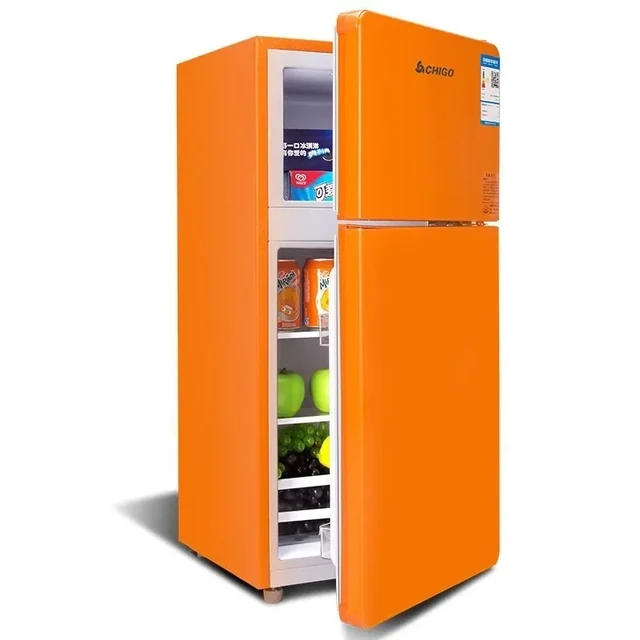
Kitchen Space:
Consider the available kitchen space when choosing the size of a refrigerator.
Measure the height, width, and depth of the designated area to ensure the refrigerator will fit comfortably.
Leave sufficient clearance space around the refrigerator for proper ventilation and ease of use.
Door Swing:
When considering the size of a refrigerator, think about the direction of the door swing.
Ensure that the refrigerator door can fully open without obstructing nearby cabinets or appliances.
Consider choosing a refrigerator with a reversible door swing option to accommodate different kitchen layouts.
Additional Features:
Refrigerators come with a range of additional features that can enhance convenience and functionality.
Consider features such as water and ice dispensers, temperature controls, interior lighting, and smart connectivity options.
Evaluate which features are essential for the family’s needs, as they may affect the overall size and cost of the refrigerator.
Budget Considerations:
The budget is an important factor when selecting a refrigerator for a family of four.
Larger refrigerators with more advanced features tend to be more expensive.
Consider the family’s budget and prioritize features and size based on their needs and affordability.
User Reviews and Recommendations:
Reading user reviews and seeking recommendations from friends, family, or online communities can provide valuable insights into the performance and reliability of different refrigerator models and brands.
Consider the experiences of others when narrowing down options and making a final decision.
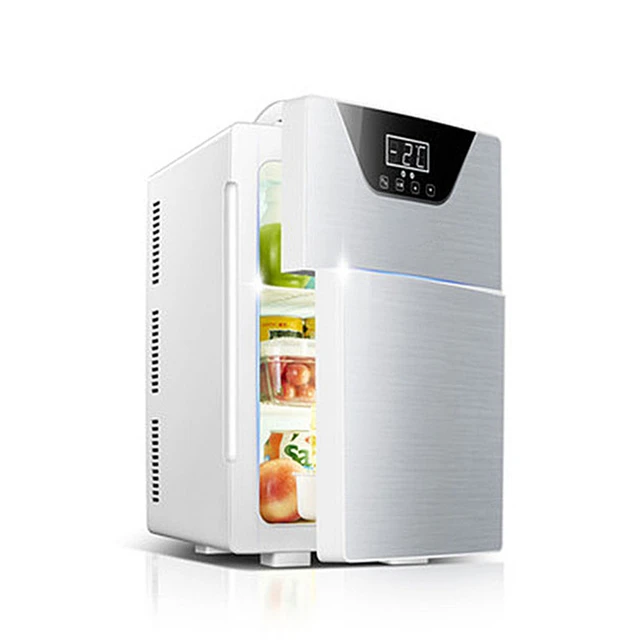
Flexibility and Future Needs:
When choosing a refrigerator size, consider the potential for future needs and flexibility.
If the family’s needs are expected to change, such as with the addition of more family members or a change in eating habits, it may be wise to select a slightly larger refrigerator to accommodate those future needs.
Alternatively, if the family anticipates downsizing or a shift towards eating out more frequently, a smaller-sized refrigerator might be more suitable.
Consider the Layout and Organization:
Assess the interior layout and organization options of different refrigerator models.
Look for features such as adjustable shelves, sliding or foldable shelves, and customizable storage compartments.
Consider the family’s preferences for organization and how they typically arrange their groceries to ensure the refrigerator can accommodate their desired layout.
Evaluate Lifestyle Factors:
Take into account the family’s specific lifestyle factors when selecting a refrigerator size.
For families who enjoy entertaining or hosting gatherings, a larger refrigerator may be beneficial for storing party platters, beverages, and extra food.
If the family tends to eat out often or has a smaller grocery shopping routine, a smaller-sized refrigerator may be more appropriate.
Seek Professional Advice:
If unsure about the appropriate refrigerator size for a family of four, it can be helpful to consult professionals, such as kitchen designers or appliance experts.
These professionals can offer guidance based on their expertise and knowledge of different refrigerator models, sizes, and configurations.
Test the Space:
Before making a final decision, consider creating a mock-up of the refrigerator’s dimensions using tape or cardboard to visualize how it will fit in the kitchen space.
This can help ensure that the selected refrigerator size does not overwhelm the kitchen or obstruct other appliances or cabinets.
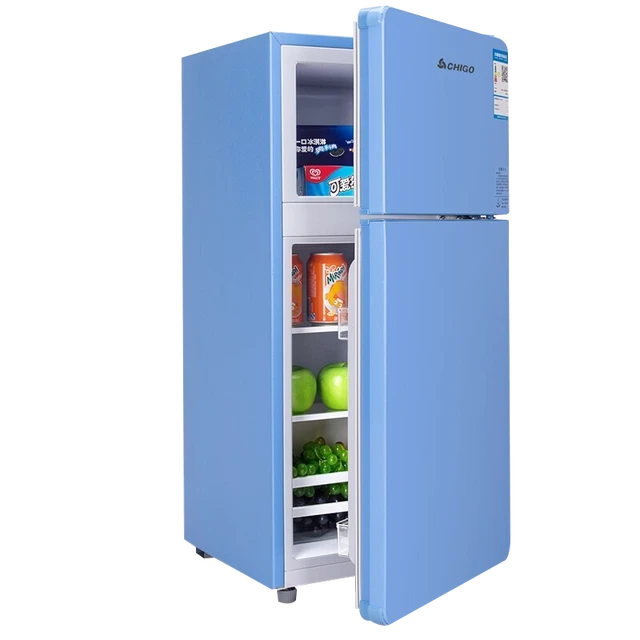
Conclusion:
Choosing the right size refrigerator for a family of four involves considering various factors such as storage needs, available kitchen space, lifestyle, and budget. A refrigerator with a capacity ranging from 18 to 25 cubic feet typically provides adequate space for fresh food, freezer items, and door storage. Consider the layout, adjustable shelving, and organization options within the refrigerator to maximize storage efficiency. Energy efficiency, additional features, and user reviews should also be taken into account. By considering these factors and evaluating the family’s specific needs, a suitable refrigerator size can be selected to meet the requirements of a family of four.
